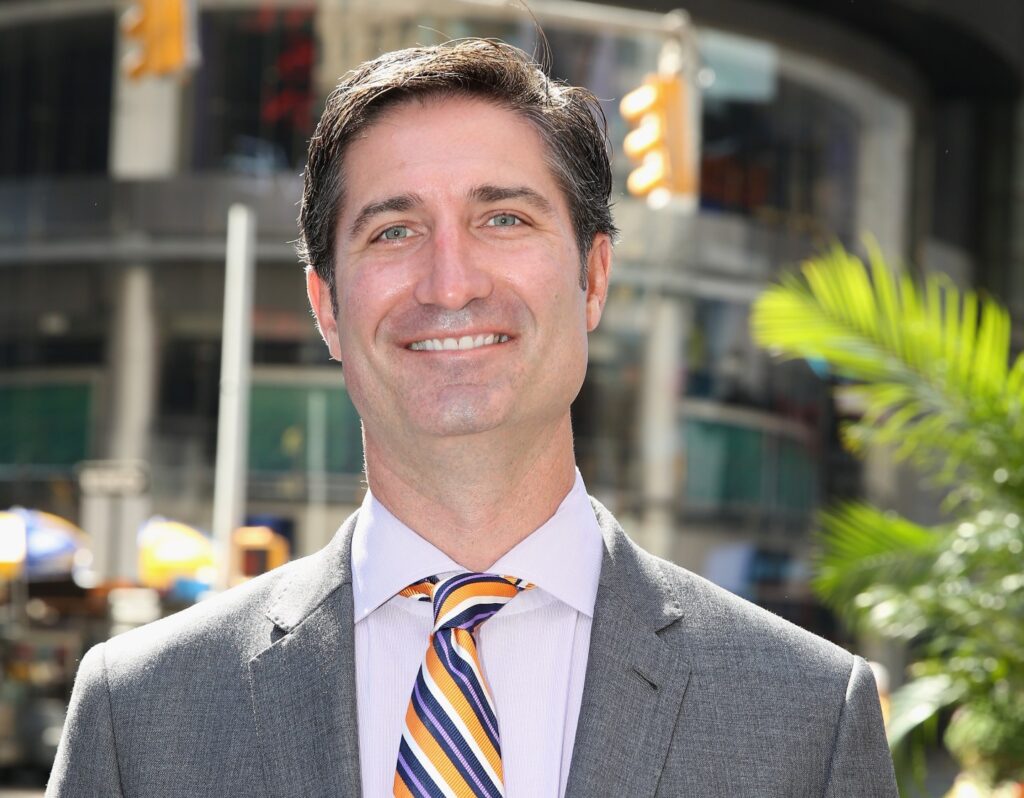In a move that has sparked both curiosity and debate, Starbucks has announced that it will provide its new CEO, Brian Niccol, with a private jet for his commute between his California home and the company’s headquarters in Seattle. While corporate perks for top executives are not uncommon, the decision to offer Niccol a private jet has raised questions about corporate governance, environmental impact, and the message it sends to the company’s employees and customers.
The Decision and Its Rationale
Brian Niccol, who took over as CEO of Starbucks, is no stranger to the corporate world. Having previously led other major companies, Niccol’s leadership skills and strategic vision were highly sought after by Starbucks as it navigates an increasingly competitive market. To secure his transition to the role, Starbucks agreed to provide Niccol with a private jet for his commute, allowing him to maintain his residence in California while managing the global coffee giant from its Seattle headquarters.
The rationale behind this decision appears to be both practical and strategic. On the one hand, it allows Niccol to avoid the logistical challenges and time constraints associated with frequent long-distance travel. On the other hand, it serves as a lucrative incentive to attract and retain top executive talent in a competitive industry where corporate leaders often have multiple offers.
Corporate Perks and the CEO Lifestyle
Providing private jets to CEOs is not unheard of in the corporate world. Many large companies offer such perks to their top executives as part of their compensation packages. These perks are often justified as necessary for ensuring that the CEO can perform their duties efficiently and without the distractions that come with commercial air travel. For a company the size of Starbucks, with operations spanning across the globe, the ability for its CEO to travel quickly and comfortably may be seen as a strategic advantage.
However, this practice also raises concerns. Critics argue that such perks contribute to a culture of corporate excess and can alienate employees and customers, particularly when the broader workforce is not receiving comparable benefits. Moreover, in an era where corporate social responsibility and environmental sustainability are increasingly important to consumers, the environmental impact of frequent private jet travel may clash with Starbucks’ publicly stated commitments to reducing its carbon footprint.
Environmental and Ethical Implications
The environmental impact of private jet travel cannot be overlooked. Private jets emit significantly more carbon dioxide per passenger than commercial flights, contributing disproportionately to climate change. This decision may be at odds with Starbucks’ efforts to promote sustainability, including its goals to reduce waste, conserve water, and source ethically produced coffee. For a company that has positioned itself as a leader in corporate social responsibility, the optics of this move could be problematic.
Furthermore, there is the ethical consideration of equity within the company. While top executives like Niccol are provided with luxurious perks, the average Starbucks employee, particularly those working in stores, may not experience the same level of benefit from the company’s success. This disparity could lead to tensions within the company, especially at a time when discussions about income inequality and fair compensation are increasingly in the spotlight.
Public and Shareholder Reactions
The public and shareholder reactions to this decision are likely to be mixed. On one hand, some may view it as a necessary expense to attract a CEO with the experience and leadership needed to guide Starbucks through a challenging market. On the other hand, others may see it as an unnecessary extravagance that could harm the company’s reputation, particularly if it appears to contradict its sustainability goals or corporate values.
Shareholders, in particular, may scrutinize this decision closely. While the cost of a private jet is a relatively small expense for a company of Starbucks’ size, it could be perceived as wasteful if not clearly linked to improved company performance or shareholder value. Transparent communication from Starbucks’ board and executive team about the rationale and expected benefits of this perk will be crucial in managing perceptions and maintaining investor confidence.

